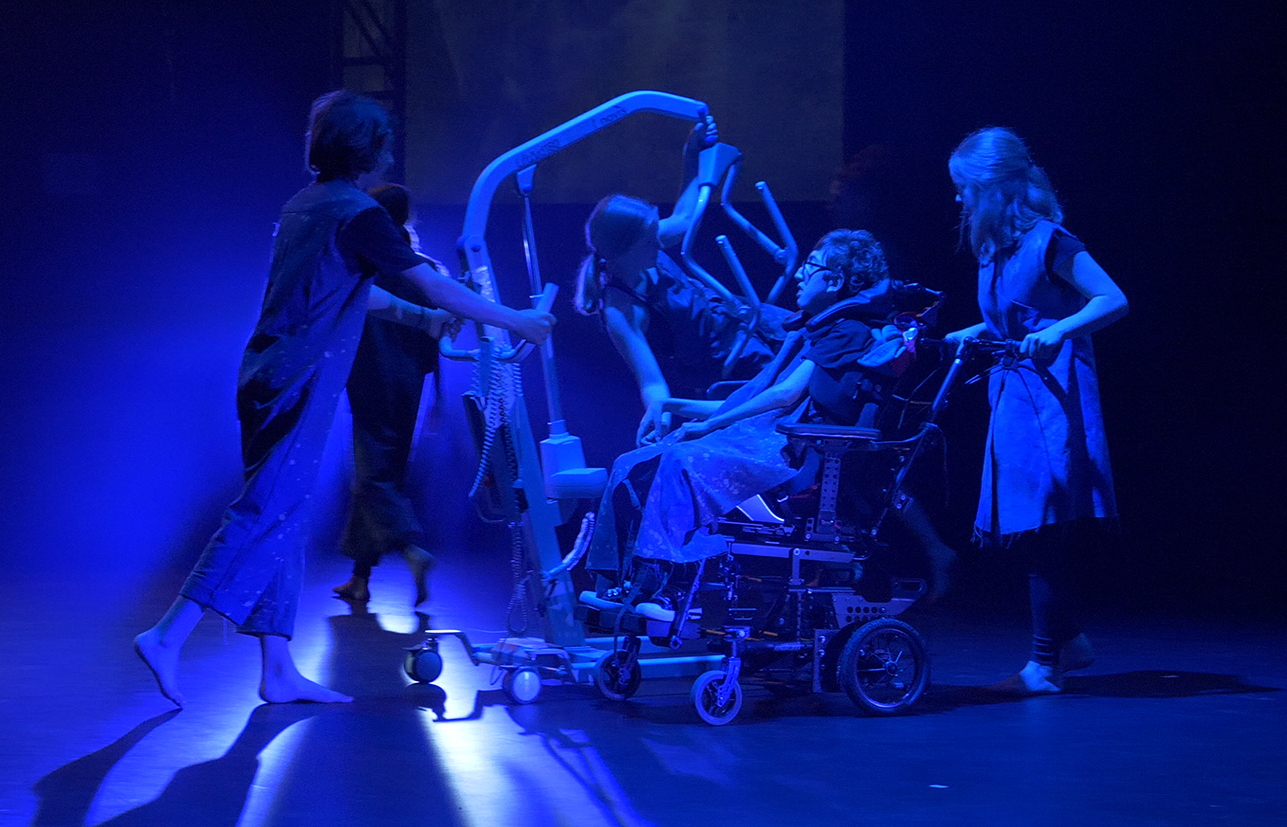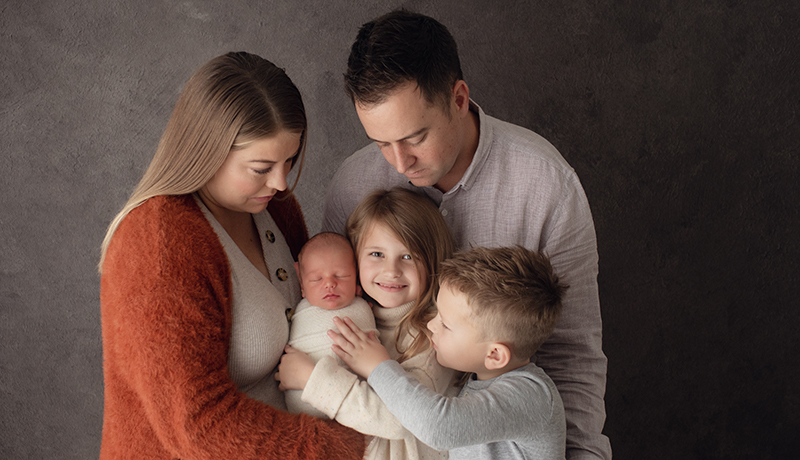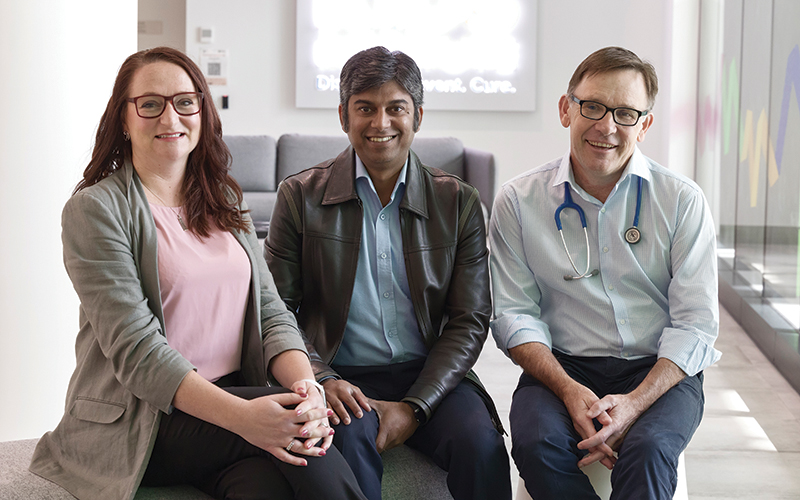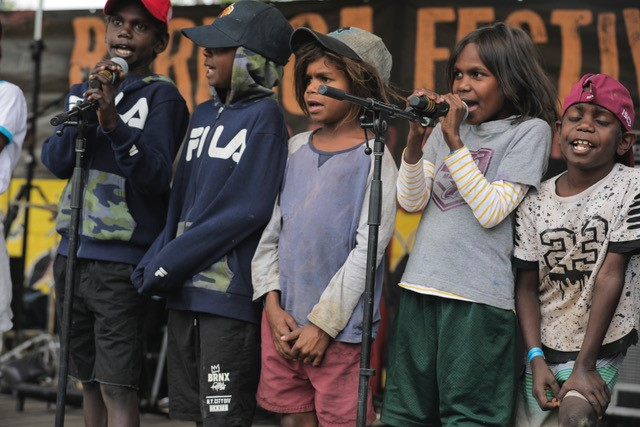Search
Research
Diaphragm Function in Very Preterm Infants at 36 Weeks' Postmenstrual AgeUnderstand how bronchopulmonary dysplasia (BPD) and antenatal and postnatal factors influence diaphragmatic functional effectiveness in very preterm infants.
Research
Few sex differences in regional gray matter volume growth trajectories across early childhoodSex-specific developmental differences in brain structure have been documented in older children and adolescents, with females generally showing smaller overall brain volumes and earlier peak ages than males. However, sex differences in gray matter structural development in early childhood are less studied. We characterized sex-specific trajectories of gray matter volume development in children aged 2–8 years.
Research
Back to the future: A call to generalism in psychiatryProviding a sustainably resourced medical workforce to meet the healthcare needs of a population is a significant challenge. Drivers of medical workforce issues include an ageing population, increasing chronic disease, skill shortages and workforce maldistribution. In this paper, we consider the imbalance between generalism and specialism in Australia, arguing that generalist positions may better address the current healthcare gaps.
Research
Efficacy and Safety of Epicutaneous Immunotherapy in Peanut-Allergic Toddlers: Open-Label Extension to EPITOPEThe pivotal phase 3 EPITOPE trial, a 12-month, double-blind, placebo-controlled study of epicutaneous immunotherapy with the VIASKIN patch containing 250 μg of peanut protein (VP250), previously reported significant treatment response versus placebo in peanut-allergic toddlers aged 1 through 3 years.

A quality of life tool developed by disability researcher Jenny Downs is helping to reveal the difference specific interventions can make to the lives of children and families living with disability.

Video technology is helping researchers learn more about the earliest features of autism, and in turn is helping families gain access to better interventions.

A bold research program is working to give young children lifelong protection against influenza

Despite respiratory syncytial virus (RSV) being the leading cause of hospitalisations in the first year of life, there is currently no routine preventative option for otherwise healthy babies.

The Kids researchers are working with Perth Children’s Hospital and other experts across the country to get ahead of a sneaky virus few mums or even health professionals have heard of.

A song written by kids in Barunga as part of the END RHD Communities Project is helping prevent the spread of infections that cause rheumatic heart disease in remote Aboriginal Communities.
